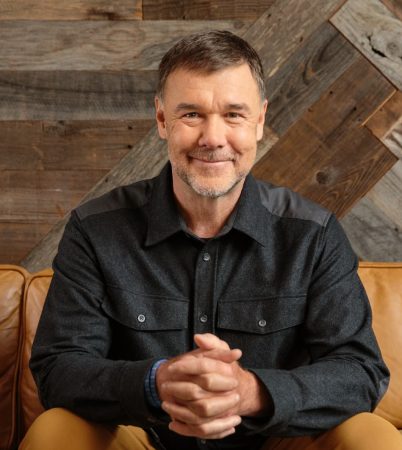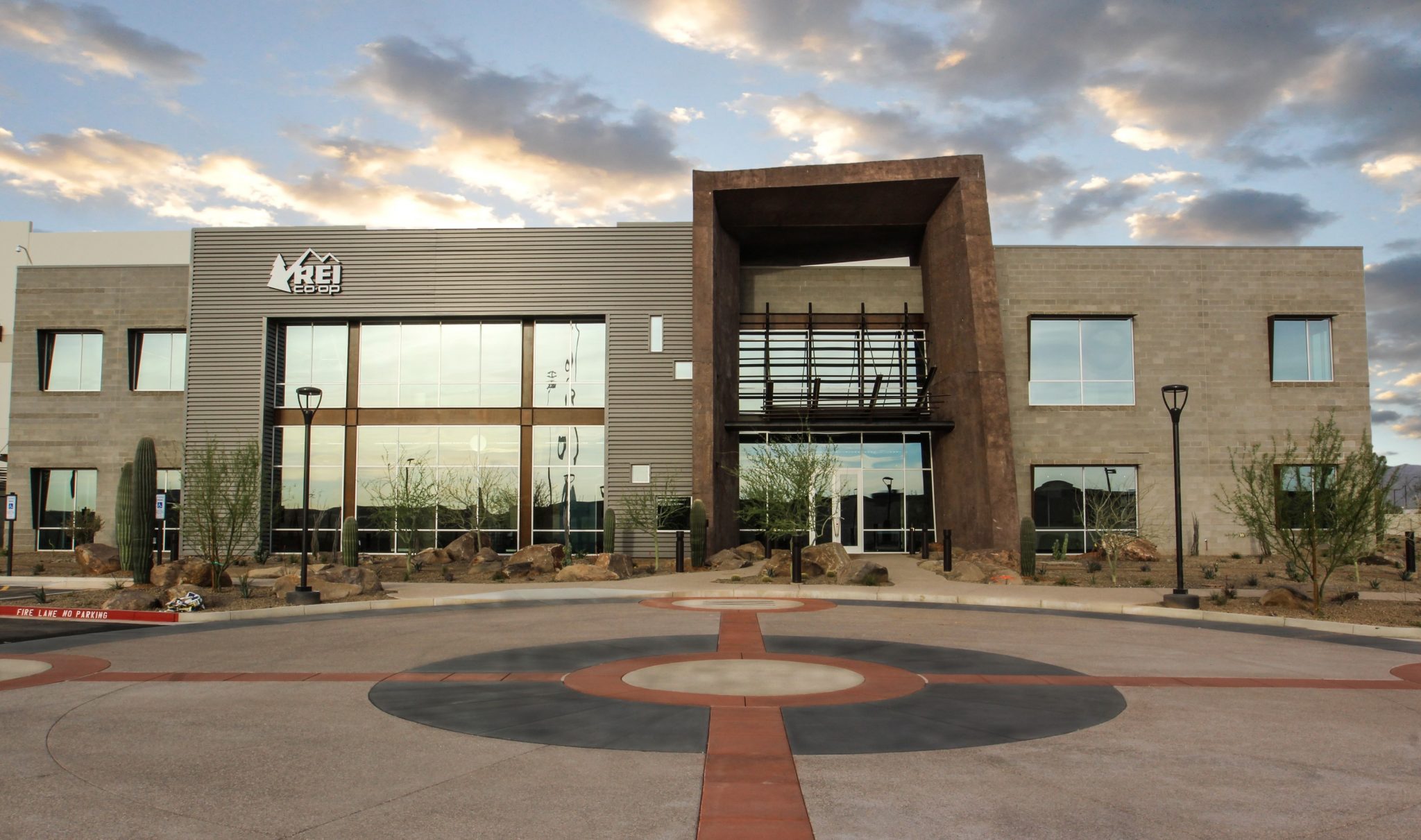Seattle-based REI Co-op has released a new set of standards to raise the bar on sustainability across outdoor and retail industries.
The announcement, made as the co-operative celebrates its 80th anniversary, says the move will make it easier for customers to choose more sustainable products.

“One of the most exciting things we’ve done in the past year was done completely behind the scenes,” said chief executive Jerry Stritzke.
“We’re collaborating with partners across industries to advance sustainable business practices, and as a result are completely changing the conversation around sustainability for the US outdoor industry.”
Informed by its work with partner brands and its participation in the Outdoor Industry Association Sustainability Working Group and other key sustainability forums, the standards outline the co-op’s expectations for how brands manage key environmental, social and animal welfare impacts. This “builds on work that REI has done over many years to advance sustainability within its own brands,” says the co-op.
REI regularly features in ‘Best Company to Work For’ lists and has made its #OptOutside Black Friday event an annual tradition. In April, the co-operative joined Canada’s Mountain Equipment Co-op in stopping selling products from Vista Outdoor, which owns gun-maker Savage Arms.
The co-op reported a gross profit of $1.1bn for 2017, and has reinvested nearly 70% of profits into outdoor communities and advocating for public lands and gender equality. It has 151 stores in 36 states, and serves 16 million members.
Related: Outdoor leisure co-ops suspend goods from company linked to gun maker
The new standards, along with other resources designed to help brands deepen their own sustainability efforts, will be made available to any retailer that wishes to use them. Alongside them, REI is publishing a list of preferred sustainability attributes, highlighting brands and products that are manufactured according to social and sustainability best practices.
Some of the standards set by the co-op, such as establishing a manufacturing code of conduct for supply chains, take effect immediately. Other requirements, that may take additional time for brands to meet, have an implementation deadline of autumn 2020.

“This effort to advance sustainability across an entire vendor base is among the most comprehensive in the US retail industry,” said Adam Siegel, senior vice president of research, innovation and sustainability for the Retail Industry Leaders Association.
“By going so broad with requirements for their suppliers and approaching this with such a spirit of collaboration, REI has not only moved their own operations forward, but they’ve raised the bar for the entire industry.”
Related: REI submits plans for new state-of-the-art campus
According to Matthew Thurston, REI’s director of sustainability, the organisation works with more than 1,000 brands, both large and small. While some may integrate sustainability into their products and supply chains, others may lack the resources to fully implement a programme.
“We’re in a unique position to unite our brand partners around a common goal,” said Mr Thurston, “by sharing best practices and resources that we’ve learned from both our own work and that of the brands we work with.”

